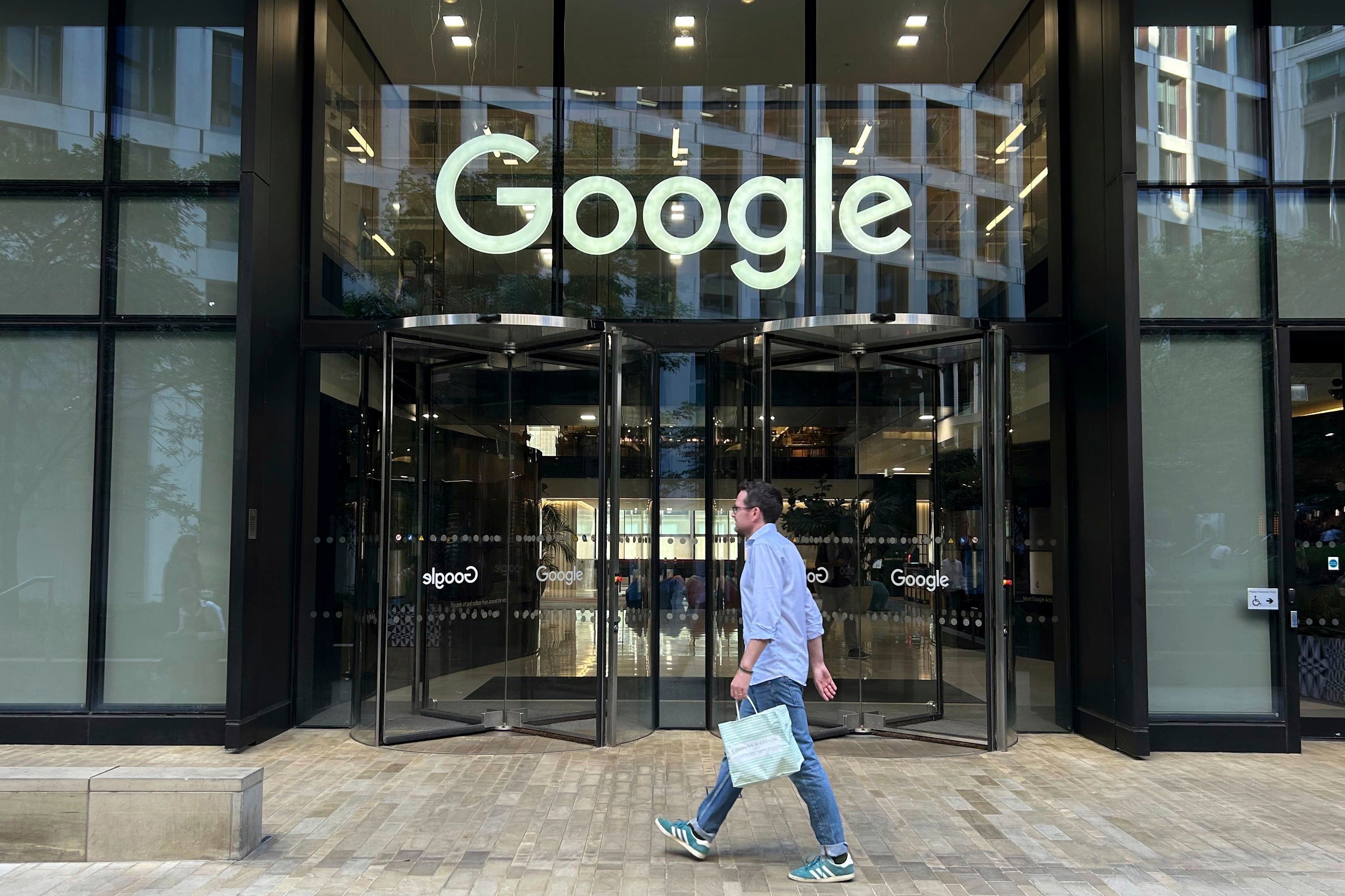Google faces more scrutiny as UK watchdog flexes new digital competition powers
Britain’s competition watchdog says it’s investigating Google’s search ad business, adding to global scrutiny that the U.S. tech giant is facing

Britain's competition watchdog flexed new digital market powers on Monday for the first time with an investigation into Google's search and search ad businesses.
Under beefed-up rules that took effect this month designed to protect consumers and businesses from unfair practices by Big Tech companies, the Competition and Markets Authority said it would determine whether Google should be given “strategic market status” that would require imposing changes to the company's behavior. The investigation adds to global scrutiny that the U.S. tech giant is facing.
The Competition and Markets Authority said it will examine whether Google is using its position in the market to stifle innovation and block rivals. The regulator said it will look in particular at Google's role in shaping the development of new artificial services and interfaces such as “answer engines," in ways that “limit the competitive constraint they impose on Google Search.”
AI-powered chatbots have become increasingly popular with internet users looking for information online. Google last year retooled its search engine so that it now frequently favors responses crafted by artificial intelligence over website links.
Google said in a statement that it "will continue to engage constructively with the CMA to ensure that new rules benefit all types of websites, and still allow people in the U.K. to benefit from helpful and cutting-edge services.”
AI's potential to transform online search services means fair competition is important, said Sarah Cardell, the U.K. regulator's chief executive.
“It’s our job to ensure people get the full benefit of choice and innovation in search services and get a fair deal — for example in how their data is collected and stored,” Cardell said in a statement. “And for businesses, whether you are a rival search engine, an advertiser or a news organisation, we want to ensure there is a level playing field for all businesses, large and small, to succeed.”
The CMA will also look into concerns about "exploitative conduct" by Google, including its practice of collecting vast amounts of consumer data without informed consent, and its use of content by website publishers — which could range from major media outlets to startups focusing on narrow subjects — without paying them fairly.
It will also investigate whether Google is giving preference to its own services, such as specialized search shopping or travel services.
The U.K. investigation is the latest salvo in an onslaught of regulatory pressure that Google is facing on both sides of the Atlantic.
In both the U.S. and Canada, authorities are targeting Google’s ad business with lawsuits accusing the company of anticompetitive or monopolistic conduct in the digital ad industry, which they want to resolve by breaking up the company.
European Union regulators, meanwhile, have been carrying out their own antitrust investigation and signaled that they would push for Google to sell off parts of its business in order to satisfy concerns about its lucrative digital ad business.
The CMA has until October to finish its investigation and said it could, for example, force Google to make changes to its data practices.
The regulator has said it expects to open three to four “strategic market status” investigations of the very largest tech companies in the first year after its new powers took effect.
Shares of Google's parent, Alphabet Inc., were essentially flat before the opening bell Tuesday.
Bookmark popover
Removed from bookmarks